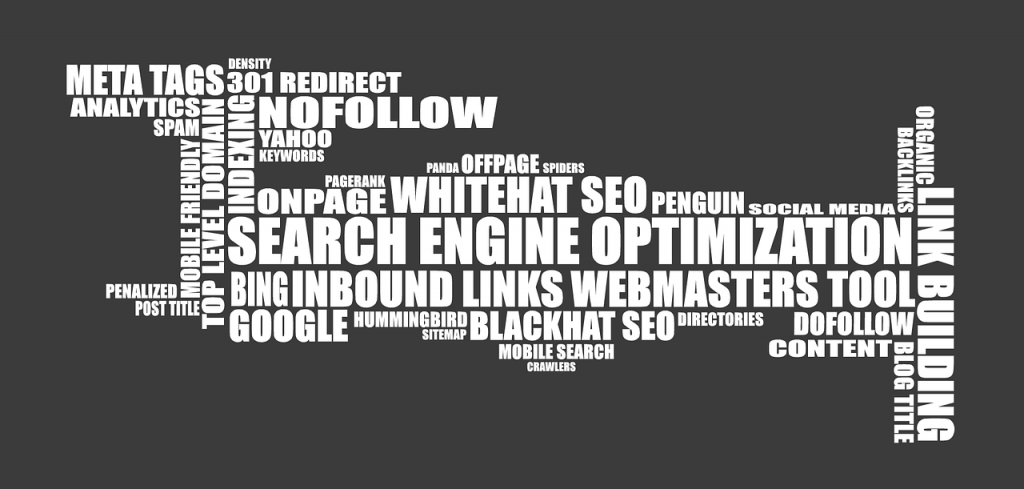Realising that search engines work differently with organic and paid search is the first step to optimising your online campaign.
Optimising your website is so much easier when you understand the basics of how Search Engines work and how they arrive at their results. You can use this information to increase your rankings on the Search Engine Results Page (SERP) – the page you get after typing in a search query. A SERP is divided into natural or organic SEO and paid search results where Google shows you any relevant ads it has for that particular search query. So, how does this all work exactly?
Search Engines “send” out little programs called spiders that find a website and then follow all links to other websites and continue doing so every second of the day. Spiders only can follow links from one page to another and from one site to another.
That is the primary reason why links to your site (inbound links) are so important. Links to your website from other websites will give the Search Engine spiders more “food” to chew on.

These spiders index pages they have found – this information is then stored on Google servers. When you do a search on Google, you do not search the actual web; you search on Google servers based on what those spiders have found and indexed.
Your search then gives you an ordered list of ranked pages thanks to Google’s algorithm. Google’s algorithm – the software program that calculates the value of each page based on several factors, such as page relevance to the search query – then decides which pages to show you.
This happens in less than a second. You can click on any of those results by looking at the title and snippet or description as well as the URL or address displayed to determine if that is what you are looking for. Google is never paid for any of these results.
Take a look at Matt Cutts’ – Google’s Anti Web Spam Engineer – video above where he explains in detail how Search Engines work in relation to natural or organic search results.
Google will also display ads that are relevant to the search query above the main body of the page and to the right of the SERP. Google says that paid advertising will only appear if they complement your regular search results.
The position of these ads are based on bids – how much the advertiser is willing to pay for a single click on that ad – the higher the bid the higher up the ad the web page will appear.
Each time a user clicks on these ads, the advertiser pays Google the agreed bidding price. The popularity of the advertisement also has relevance on the advertisement ranking.
The more clicks an advertisement receives, the more likely the advertisement will receive a more prominent position on the web page. Paid search has no effect on natural or organic search results for the same website, and vice versa.
Take a look at video by Nundu Janakiram, a Product Manager at Google who explains in detail in the video above exactly how search ads work in Google.